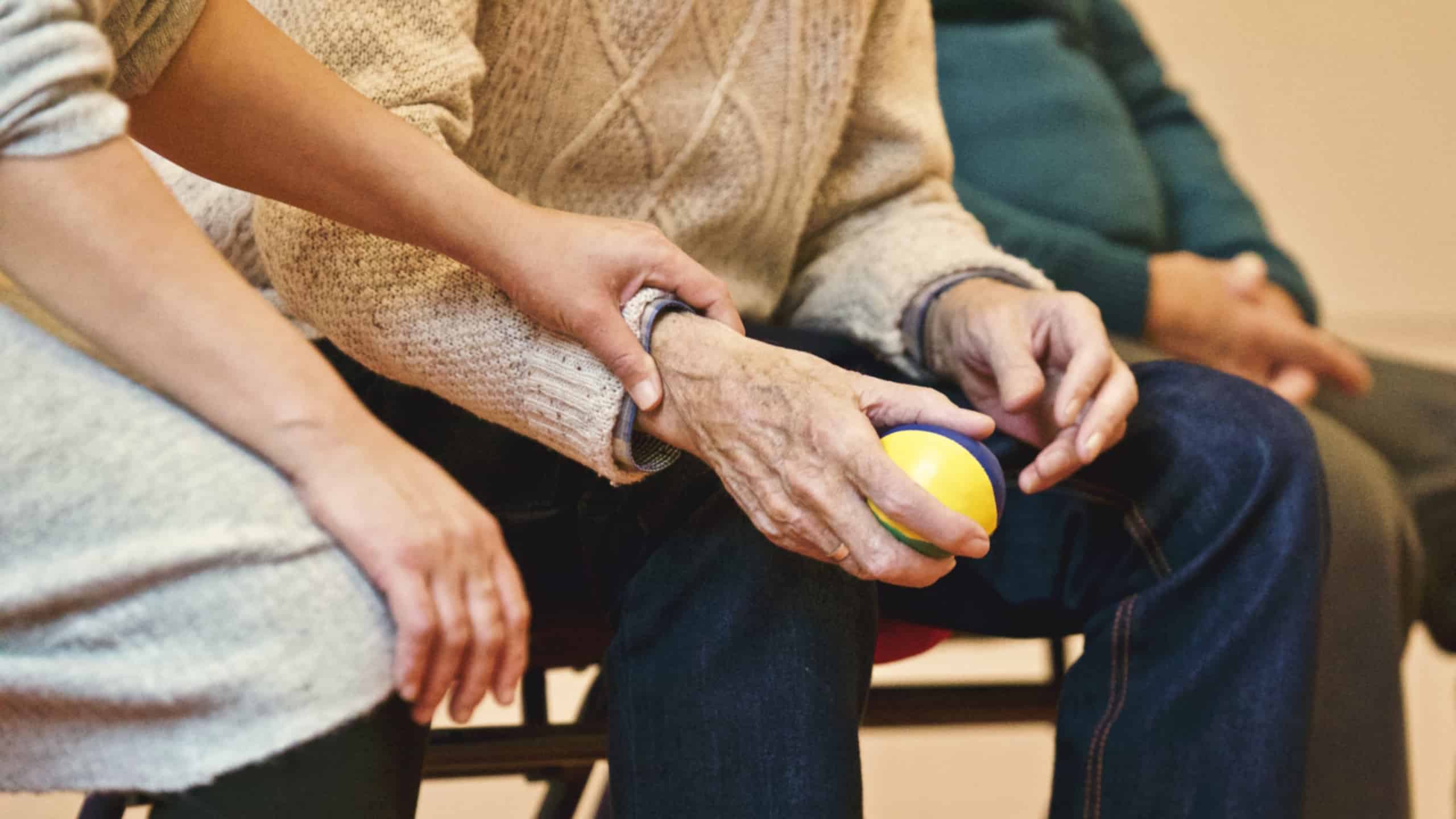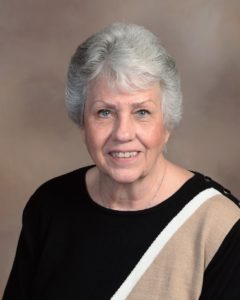The Hopefulness of Alzheimer’s

The mere mention today of Alzheimer’s Disease (AD) elicits feelings of dread in those aware of the damage and loss it can inflict on its victims and their families. Words such as hopeless, helpless, and senseless are often used to describe the condition. Those with Alzheimer’s and their families may have to face the fact that over time Alzheimer’s will most likely affect every aspect of daily life forcing changes in relationship roles and responsibilities, unsettling plans for the future, inflicting financial hardship and compelling those faced with its consequences onto an emotional roller-coaster ride that can seemingly last a lifetime. My question then is would you ever think that there might be any chance of something hopeful arising from such a frightening diagnosis? Knowing that it would be astonishing for one not to become focused on the losses that will inevitably stem from the damage done as Alzheimer’s wreaks havoc on the brain, let me suggest on a positive note that there is still life to be lived and joy to be had even after AD puts its ugly footprint into someone’s brain. There is a certain hopefulness for those living with Alzheimer’s.
In their book, “The Art of Dementia Care,” (2008 Delmar, Engage Learning), Daniel Kuhn and Jane Verity quote from A.R. Luria on page 85 “…a man does not consist of memory alone. He has feelings, will, sensibilities, is a moral being…and it is here that you can find a way to touch him. In the realm of the individual, there is much that you can do.” Making a connection with anyone regardless of their ability to remember can be a very rewarding and enjoyable experience for both parties so engaged. Who hasn’t touched the cheek of an infant or made silly sounds to elicit a smile? Do you think the infant will remember? Would that stop you from repeating your actions again the next time you see a child?
On our dementia specialty care unit at Good Samaritan Center, we have fifty-plus residents who have a diagnosis of dementia, many of those with Alzheimer’s dementia. For them, every day is a new day. They no longer remain bogged down with the everyday cares that once burdened them and many enjoy things they may never have tried before. Some may be having a joyful experience with their neighbors occupied with an activity; others may be eating a delicious snack, and yet more residents may be joining in a hymn fest singing the words to beloved songs we thought they had forgotten.
If you doubt that people with AD can benefit from trips to Pizza Hut, tram rides, group parties with refreshments and frequent visits with family and friends just look at their faces. Their smiles say what they cannot put into words. Come watch love in action as a spouse comes to feed his wife three meals a day every day or another spouse comes to take her loved one for a long daily walk or another who just spends several hours each day sitting with his wife holding hands. Watch a restless resident who no longer speaks becomes quiet when family comes to visit. Though unable to call their loved one by name their sense of comfort is palpable.
There is no getting around the facts of AD. It is a devastating disease in so many ways. The great thing is to not get so caught up in loss and devastation that you forget to continue living life and to help your loved one live life to the full. Critics may say, “What’s the point?” Why does it matter? They won’t remember anyway.” The point is that for that moment, on that day, with those people, that resident experienced a laugh, a taste of something delicious, felt a sense of belonging, felt loved, felt valuable, enjoyed listening to music or singing a song, maybe gave a hug to a loved one or received a loving touch or kiss on the cheek. Those are all important life experiences and all things that as humans we can enjoy regardless of our ability to remember. Do you need to eat today even if you won’t remember tomorrow what you ate? Do you enjoy a song even if you can’t remember the name of the tune? Do you enjoy looking at the colors of the sunset even if you don’t understand how or why those colors appear?
Persons with dementia have all the same desires and needs as those without AD and with a little help can continue to have valuable, meaningful, and hopeful lives.
There is a song entitled, “I’m Still Here,” written by Craig Benelli, Owner of Greater Good Productions, for the DVD project, “Be With Me Today,” featuring a lecture by Richard Taylor, Ph.D., who was diagnosed at the age 58 with early-stage Alzheimer’s Disease. In that song, the continuing refrain is as the title indicates, “I’m still here.” Benelli begins with the opening line that says, “My world today is not the same as it was yesterday, but I’m still here.” I pray that we can all find solace, hope, and joy in the simple fact that our loved ones with AD are still here.
Click here for more Village Streams articles.
 About the Author:
About the Author:
Judith Crager, RN, is the Director of Quality Improvement at Good Samaritan Center at Advent Christian Village, a 161-bed skilled nursing center. She is an approved provider for the State of Florida Nursing Home Alzheimer’s Disease and Related Disorders Training course for healthcare workers and has completed her DON-CLTC Certification in Long Term Care. She received her Bachelor of Science degree majoring in Health Care Administration from St. Joseph’s College, Standish, Maine. She is an active member of the Florida Nurses Association, the American Association of Long Term Care Nurses and the National Association of Directors of Nursing, Long Term Care. She has been a resident of Live Oak since 1987 and has worked at ACV since 2007.



